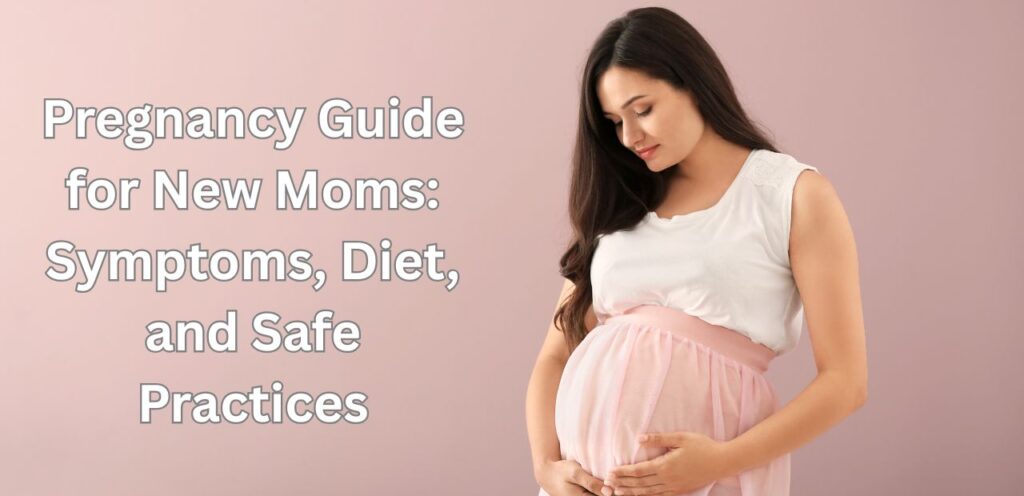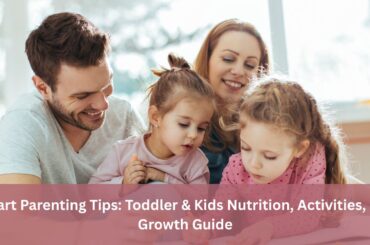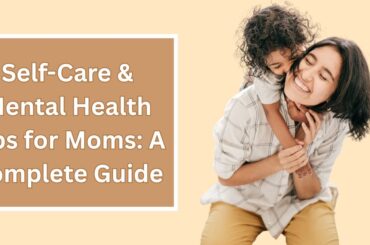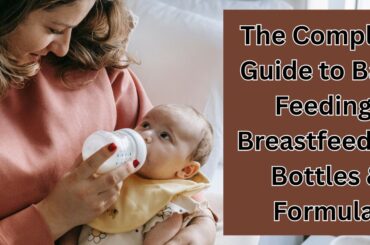Pregnancy is a special time filled with excitement and changes for new moms, but it also brings many questions for first-time mothers. Most women wonder about the common symptoms, what food is best, and what practices help keep both mom and baby safe. Common pregnancy symptoms include morning sickness, tiredness, mood changes, and body aches. A healthy diet full of fruits, vegetables, whole grains, and protein is important for strength and growth. Safe practices like regular checkups, light exercise, and enough rest help in a smooth pregnancy journey. This blog shares simple and helpful tips for new moms.
Common Pregnancy Symptoms
Here are the common pregnancy signs new moms should know:
1. Morning Sickness
Morning sickness is one of the most common symptoms in early pregnancy. It usually includes nausea and vomiting, especially in the first trimester. Eating small meals, avoiding spicy foods, and drinking ginger tea can help ease this discomfort.
2. Tiredness and Fatigue
Women often feel fatigue during pregnancy than usual because their bodies are working harder to support the growing baby. Taking short naps, resting when needed, and eating energy-rich foods can reduce fatigue.
3. Mood Swings
Hormonal changes during pregnancy can cause mood swings. New moms may feel happy one moment and sad the next. Talking to loved ones, staying active, and practicing relaxation exercises can help manage these emotions.
4. Back Pain and Body Aches
As the baby grows, extra weight can put pressure on the back and joints. This often leads to back pain or general body aches. Gentle stretching, using supportive pillows, and wearing comfortable shoes can give relief. You can also suffer hair loss during pregnancy.
5. Swollen Feet
Swelling and tingling in the feet and ankles are common due to increased body fluids and pressure on blood vessels. Resting with feet raised, avoiding standing for long hours, and wearing loose shoes can help reduce swelling.
6. Heartburn
Heartburn happens when stomach acid moves up into the chest, often caused by hormonal changes and the growing baby pressing on the stomach. Eating smaller meals, avoiding oily or spicy foods, and sitting upright after eating can ease this symptom.
Healthy Diet During Pregnancy
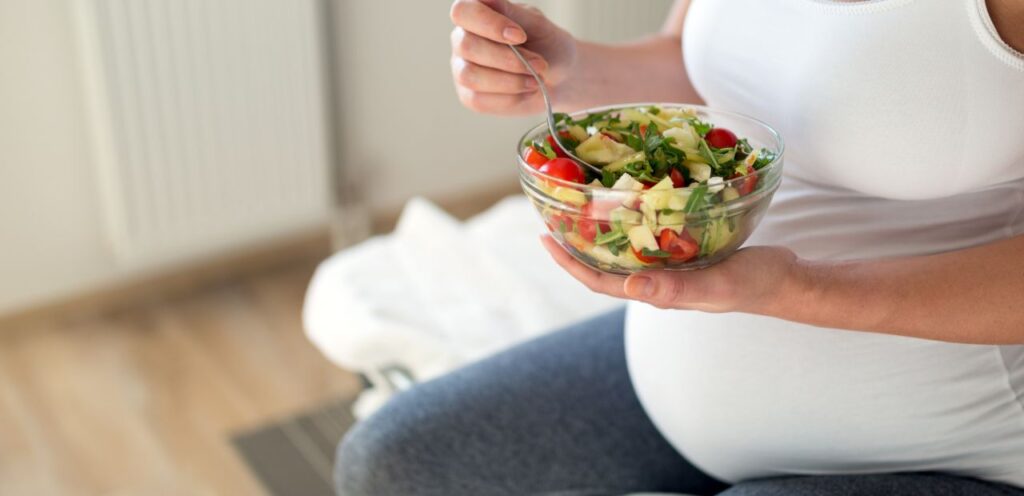
Here’s the best food you should eat:
1. Fruits and Vegetables
Fresh fruits and leafy vegetables are full of vitamins and fiber. They help in digestion, support immunity, and provide essential nutrients for the baby’s development.
2. Whole Grains
Foods like brown rice, oats, and whole wheat bread give energy and keep blood sugar stable. They are also rich in fiber, which helps prevent constipation during pregnancy.
3. Protein-Rich Foods
Eggs, chicken, beans, and nuts are excellent sources of protein. Protein is needed for the baby’s growth and also helps mothers feel strong and energetic.
4. Iron and Calcium
Iron-rich foods like spinach, lentils, and fortified cereals prevent anemia, while calcium from milk, yogurt, and cheese strengthens bones and teeth for both mother and baby.
5. Hydration and Safe Foods
Drinking plenty of water helps prevent dehydration, dry face during pregnancy, and swelling. At the same time, it’s important to avoid sugary drinks, raw or undercooked foods, and processed snacks that may harm health.
Safe Practices for a Healthy Pregnancy

Here are some:
1. Regular Doctor Visits
Prenatal checkups are very important to monitor the baby’s growth and ensure both mother and child are healthy. Doctors can also guide mothers about nutrition and safe medicines. This will improve your skin during pregnancy.
2. Light Exercise
Walking, swimming, or prenatal yoga can help improve blood flow, reduce back pain, and keep stress levels low. Gentle exercise keeps the body active without putting strain on it.
3. Good Sleep
Pregnant women need extra rest because their body works harder during pregnancy. Sleeping on the left side with supportive pillows can improve blood flow and make sleep more comfortable.
4. Avoiding Harmful Substances
Alcohol, smoking, and too much caffeine can harm the baby’s growth. Staying away from these substances helps in having a healthy pregnancy and safe delivery.
5. Physical Comfort
Wearing comfortable shoes, loose clothes, and avoiding heavy lifting reduces back pain and swelling. Small changes in daily habits can make pregnancy more comfortable.
Importance of Emotional Health
Here’s why emotional health is important:
1. Stress and Anxiety
It is common to feel worried about childbirth or new responsibilities. However, too much stress can affect both mother and baby. Finding healthy ways to cope is important.
2. Support from Loved Ones
Talking with family and friends or joining a pregnancy support group can provide emotional comfort. Sharing feelings helps mothers feel less alone.
3. Relaxation Techniques
Practices like meditation, deep breathing, or listening to calming music can ease anxiety and bring peace of mind during pregnancy.
4. Positive Thinking
Reading birth stories, learning about baby care, and asking doctors questions can build confidence. A calm and positive mindset creates a healthy environment for the baby.
Conclusion
Pregnancy is a time of changes, but with the right knowledge, it can be a healthy and joyful experience. Knowing about common symptoms helps new mothers understand their bodies better. A balanced diet ensures both mom and baby get the nutrition they need, while safe practices keep pregnancy smooth and stress-free. Emotional health and early preparation also play a big role in creating a positive journey. By following these simple tips, new moms can feel more confident and ready for this special stage of life. For more parenting blogs, visit Momvila and get helpful guidance for every step of motherhood.
